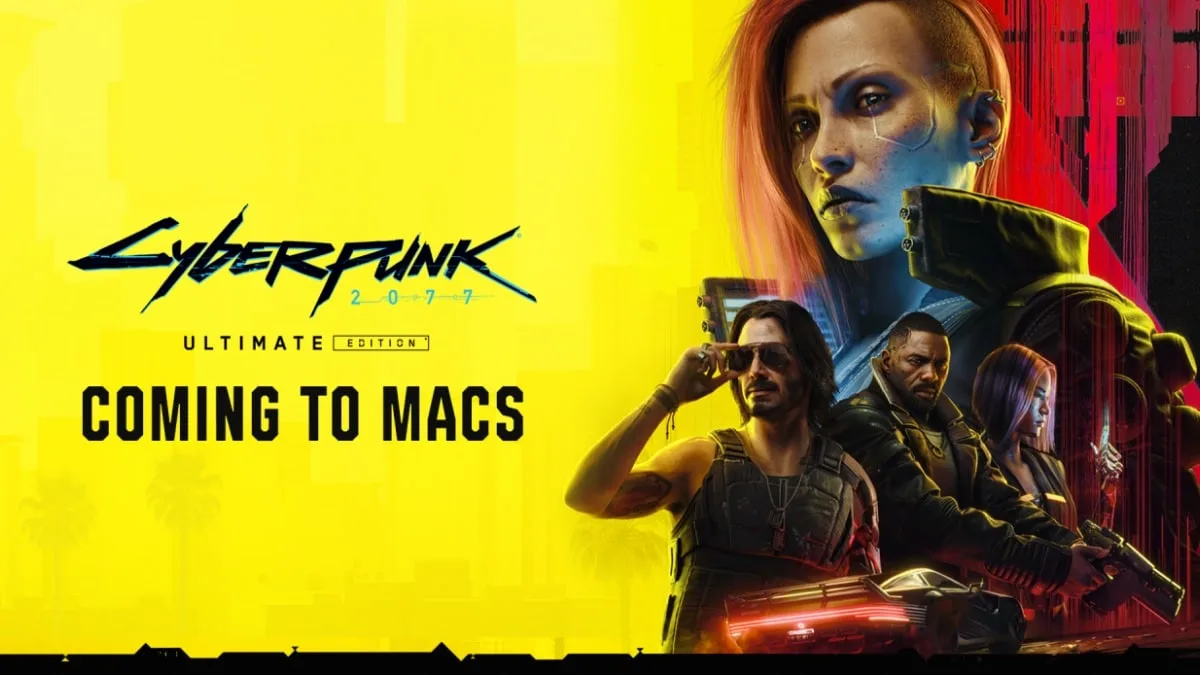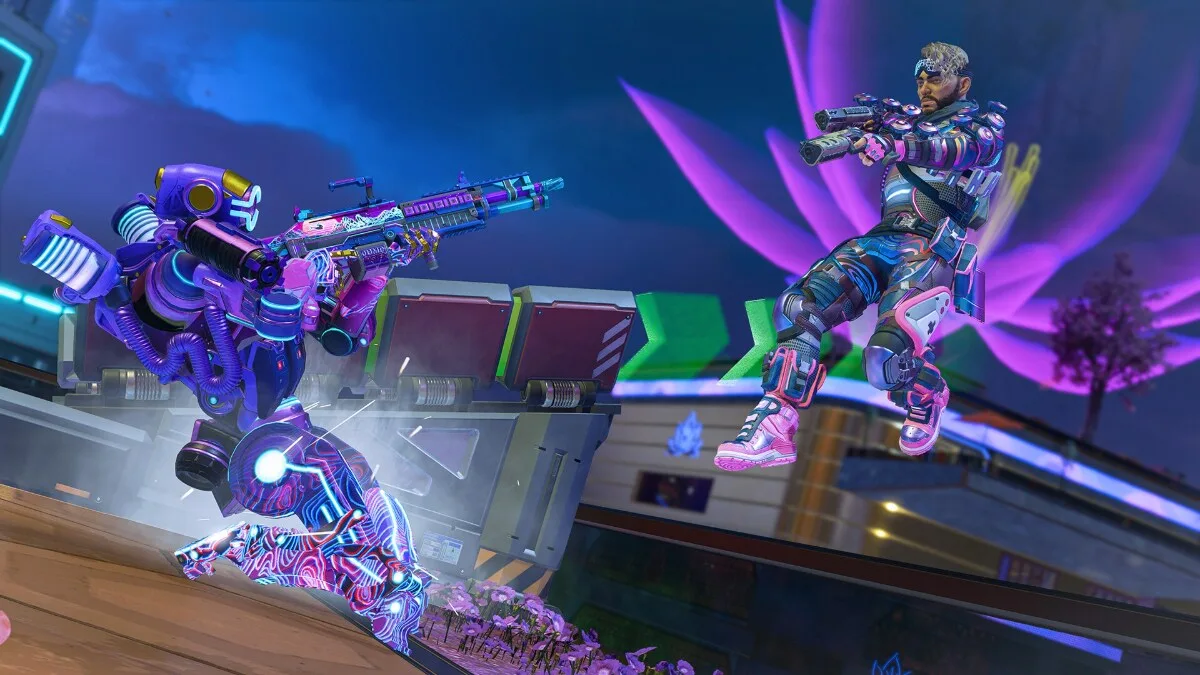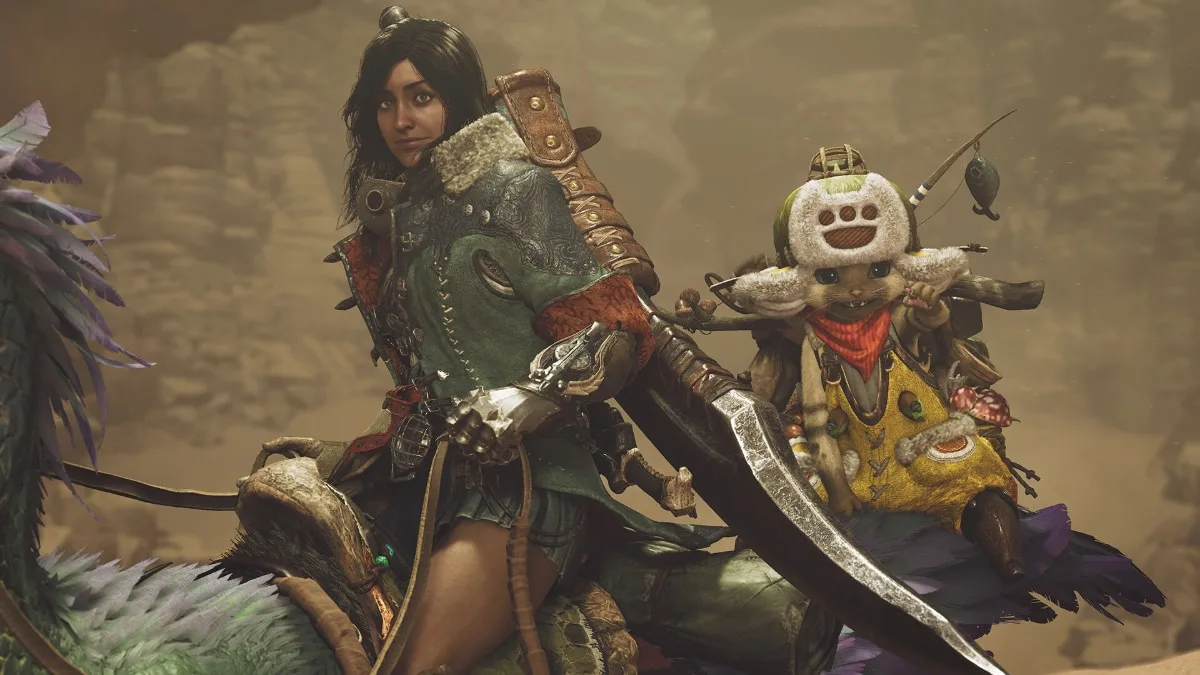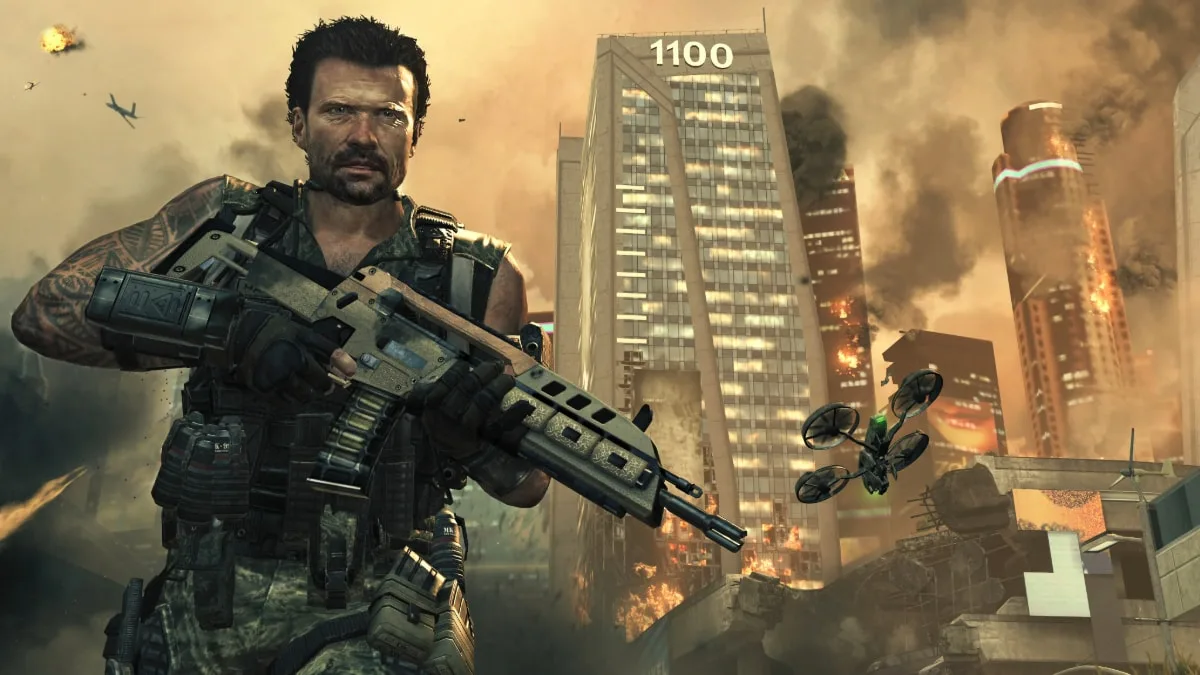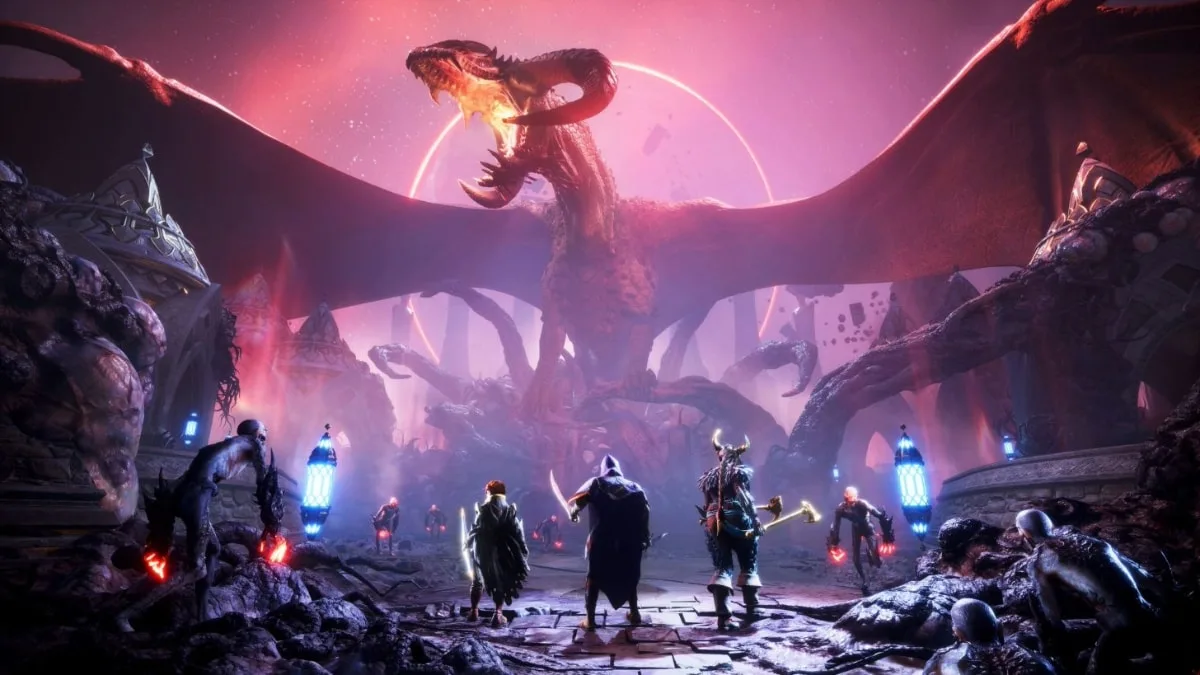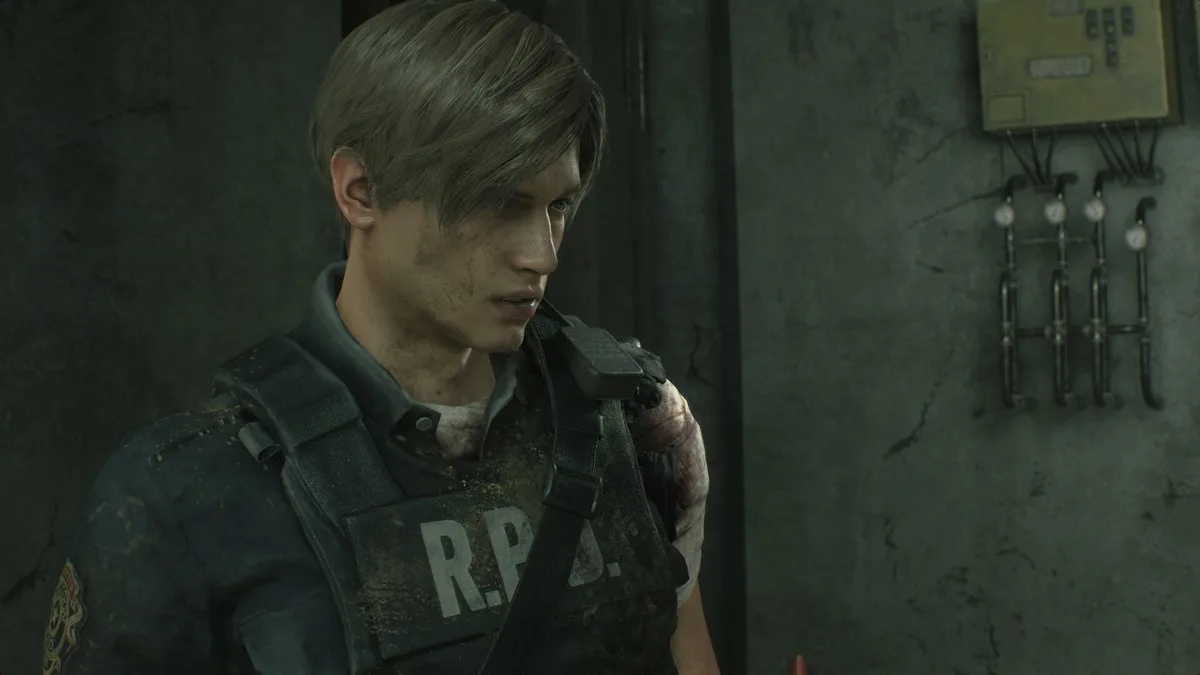Cyberpunk 2077, the first-person open-world sci-fi adventure game, was first unveiled in 2020. The game is currently available on Xbox Series X/S, PlayStation 5, and PC. However, Mac users will soon be able to enjoy the game as well. During the announcement of the latest M4 chip-powered MacBook Pro laptops, Apple confirmed that the game will be […]
